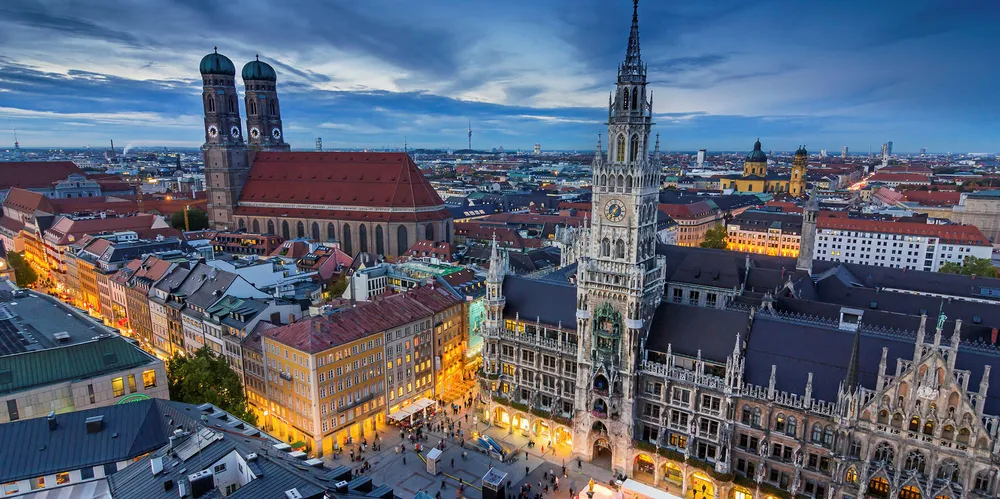Munich taps into geothermal power to widen district cooling grid
City utility Stadtwerke München (SWM) spends €80m to build a cold pipeline to an already existing inner-city district cooling gird

City utility Stadtwerke München (SWM) spends €80m to build a cold pipeline to an already existing inner-city district cooling gird
